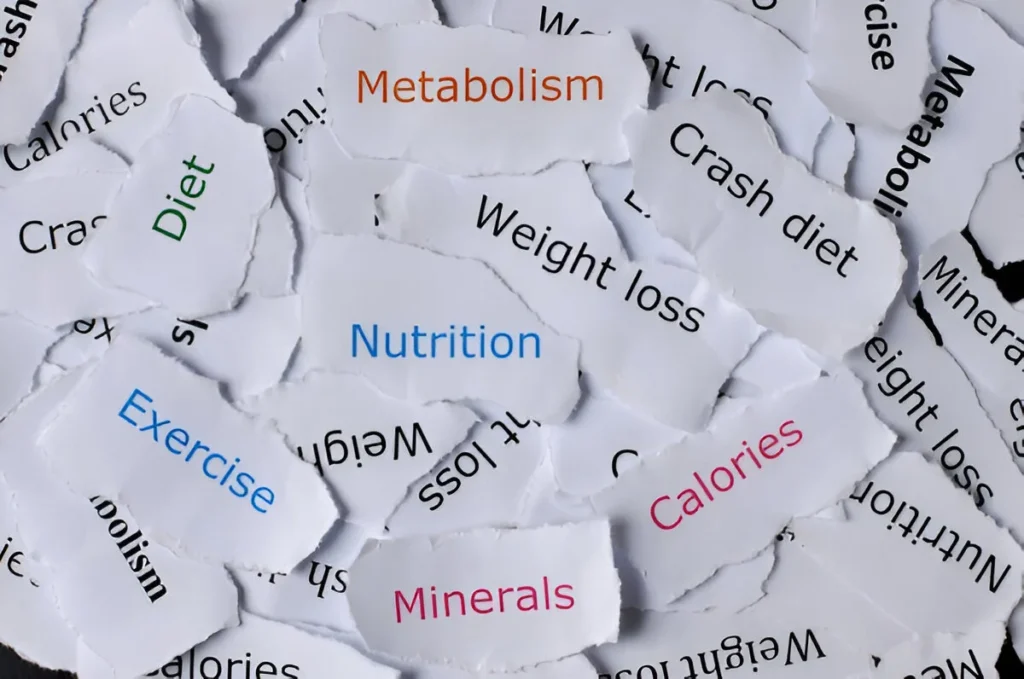-
UNITED HEALTH CENTRE 2,ELLIOT ROAD, KOLKATA - 700016
UNITED HEALTH CENTRE 2,ELLIOT ROAD, KOLKATA - 700016

Manage PCOS weight gain effectively with science-backed strategies that avoid crash diets. Discover expert tips from a professional gynecologist that support long-term hormonal health.
PCOS—or Polycystic Ovary Syndrome—is more than just a reproductive condition. It’s a hormonal imbalance that affects metabolism, insulin sensitivity, and weight regulation. One of the most frustrating challenges many women face with PCOS is weight gain that seems stubborn and unresponsive to typical diet trends.
But here’s the truth: Crash dieting is not the solution.
In fact, restrictive eating can further disrupt hormones and worsen symptoms. So, how can you manage PCOS weight gain without harming your health? By understanding your body, working with your biology, and making sustainable changes over time, with support from qualified gynecologists and evidence-based practices.

Crash diets promise quick results, but PCOS doesn’t respond well to these extremes. Here’s why:
PCOS requires a more gentle, consistent approach that supports hormonal harmony, rather than fighting against it.
Before trying to lose weight, it’s essential to understand why your body gains it in the first place. PCOS-related weight gain is primarily influenced by:
Knowing this, your goal should be to support your metabolism, insulin sensitivity, and hormones, not to starve your body.
Instead of cutting out major food groups or calories, focus on:
These foods improve insulin sensitivity and reduce cravings—core components in PCOS care.
Exercise doesn’t have to be extreme. Choose activities that regulate cortisol and improve insulin:
Most importantly—consistency over intensity.
Poor sleep and chronic stress raise cortisol, which can directly contribute to weight gain. Prioritize:
These practices not only manage stress but also improve hormonal rhythms, digestion, and recovery.
An imbalance in gut bacteria may influence weight and inflammation. You can improve your gut microbiome by:
Your gut is where hormones are metabolized—take care of it, and it will take care of your weight.
Sometimes, weight gain persists despite your best efforts. That’s when consulting an expert makes a difference. An experienced gynecologist will:
A personalized plan rooted in your body’s data is always more effective than guesswork.
Understanding your monthly hormonal cycle can help you plan nutrition and workouts that support your body:
Women with PCOS may have irregular cycles—but tracking whatever patterns exist can still help.

Q. Can I lose weight with PCOS without medication?
Yes, many women manage symptoms through lifestyle changes—especially when working with the right expert. However, in some cases, medication or supplements may be needed.
Q. Are cheat days okay while managing PCOS weight?
Yes, occasional indulgence is fine. The key is consistency, not perfection. Avoid binge-restrict cycles.
Q. Does birth control help with PCOS weight gain?
Birth control may regulate periods and reduce androgens, but it doesn’t directly lead to weight loss. It varies for each person.
Q. Is intermittent fasting safe for PCOS?
Some women benefit from gentle time-restricted eating (12–14 hours fasting). However, long fasts can spike cortisol and are not ideal for everyone.
Q. What tests should I ask for when struggling with weight and PCOS?
Fasting insulin, HOMA-IR, cortisol, TSH, vitamin D, AMH, and lipid profile are helpful.
Living with PCOS can feel overwhelming—but you don’t have to fight your body to manage weight.
By focusing on sustainable habits—rather than restrictive fads—you can support your hormones, improve your energy, and build a more peaceful relationship with food. Real progress comes from balance, not extremes.
So if you’re feeling stuck or confused, don’t blame yourself. Reach out for the right support. A knowledgeable, empathetic gynecologist can help you design a plan that respects both your biology and your goals.
Be kind to your body—it’s already working harder than you know.